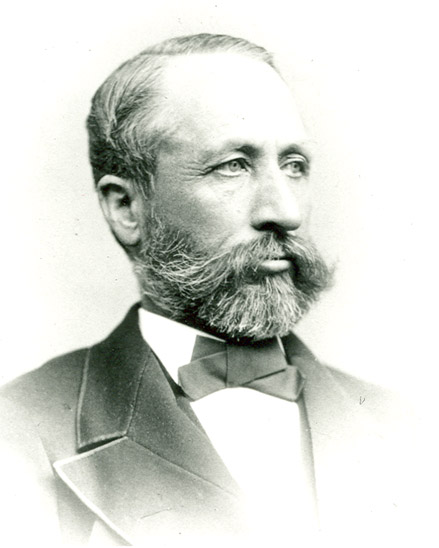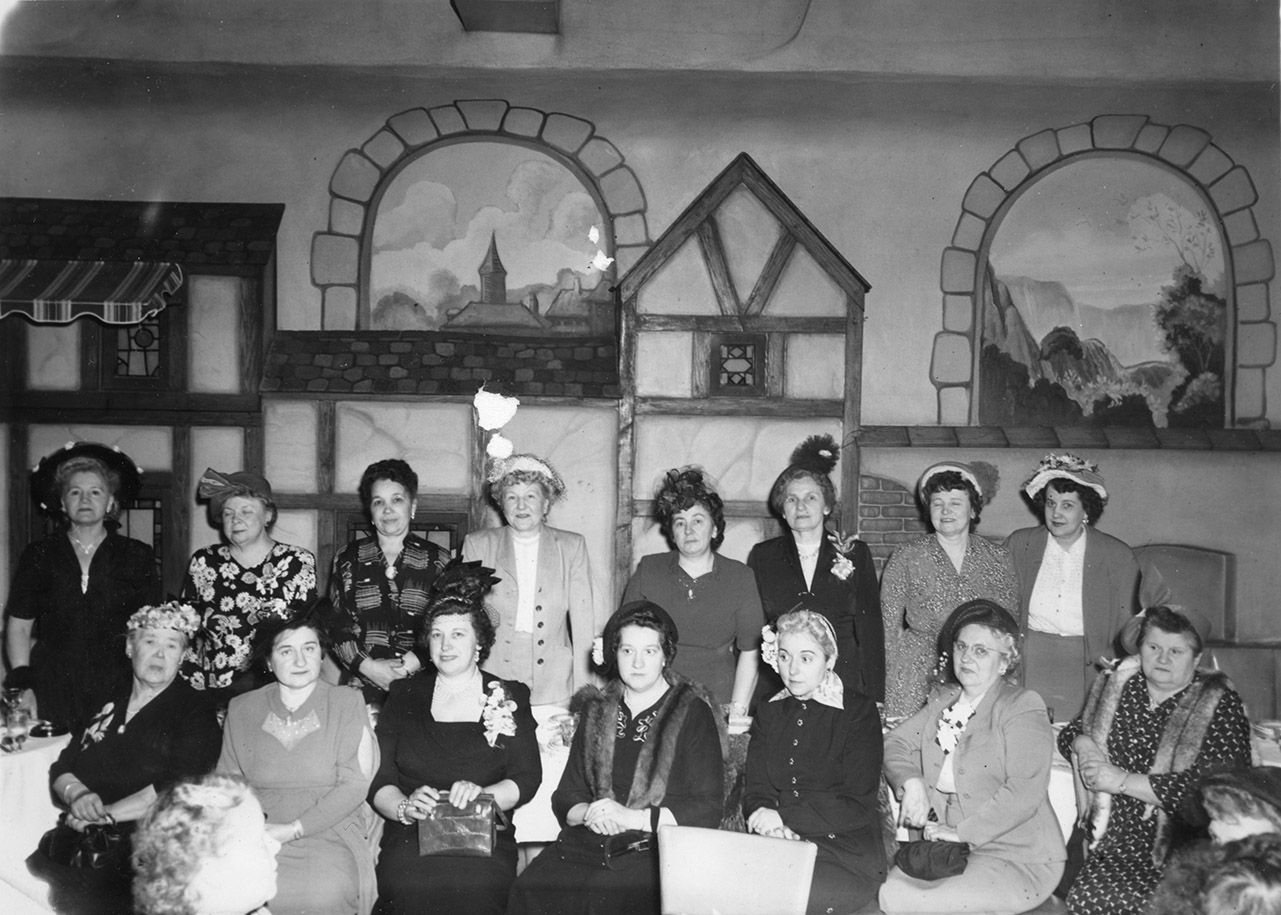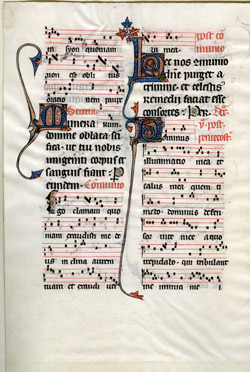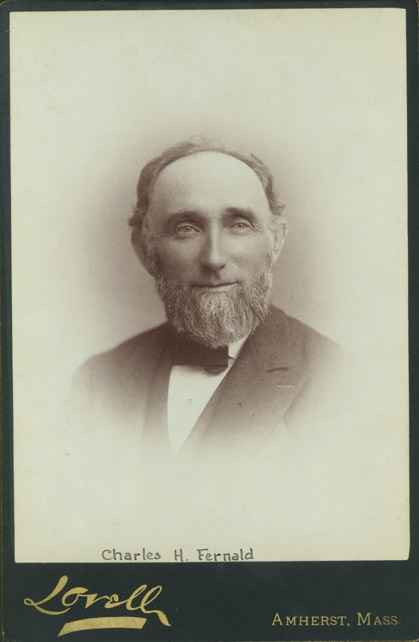Amherst Growth Study Committee Records
In May 1971 Otto Paparazzo Associates announced their plans to develop 640 acres of land in East Amherst upon which a proposed 2,200 residential units, a commercial center, and a golf course would be built. Concerned about unnatural growth of the community and about the effect such a development would have on the environment, a group of residents formed the Amherst Growth Study Committee within a few months of the announcement. Despite these concerns, the Zoning Board of Appeals issued a formal permit for construction in December 1971, which the AGSC immediately appealed. Even though the group was unable to overturn the zoning board’s decision, they did achieve their ends, in part, when state and town agencies prevented the project from moving forward due to an overloaded sewage system. More importantly, the group increased public awareness about growth and housing in the town of Amherst.
Records include notes from AGSC meetings, correspondence, and newspaper clippings documenting coverage of the story in local papers.

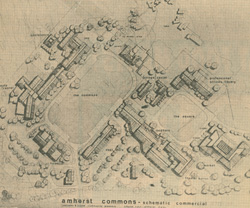
 View the
View the 